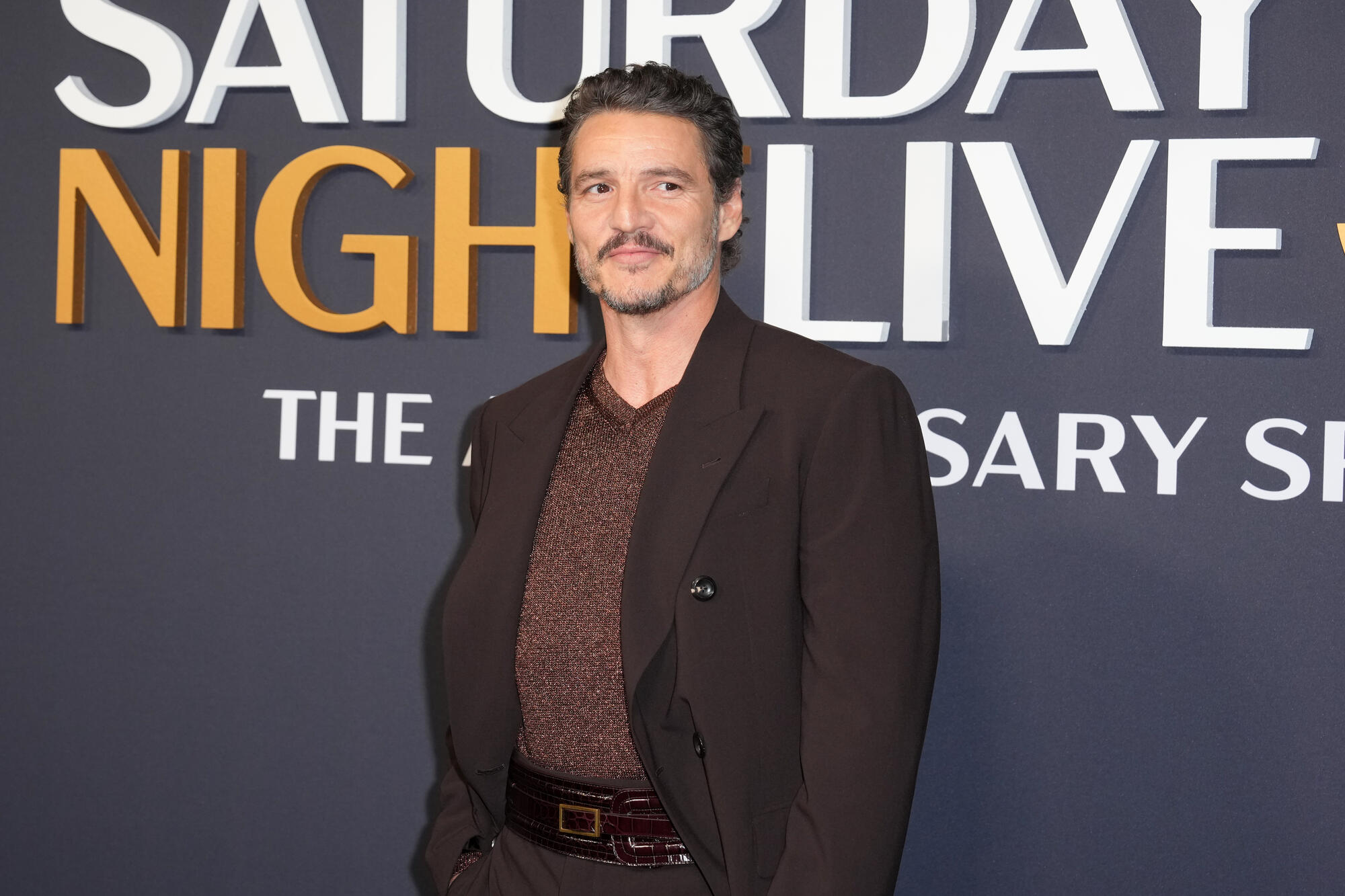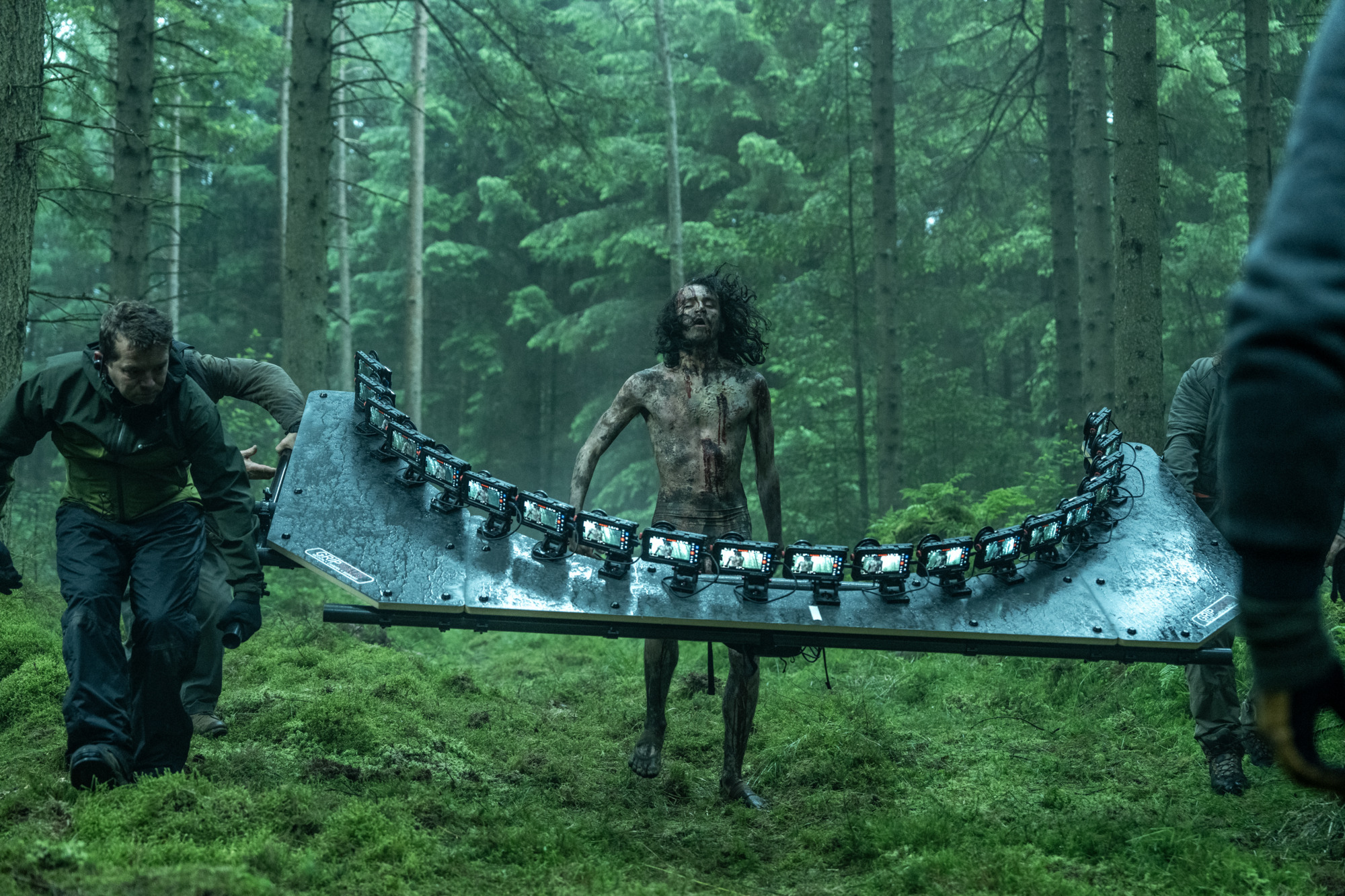It isn’t just that Mariska Hargitay has been waiting to tell this story for a long time, it’s that she also wasn’t certain exactly what story it was that she had to tell. That uncertainty, and her decades-long process of grappling with her identity, has resulted in an introspective, searching documentary so accomplished you’d never know it was Hargitay’s first feature film as a director.
“My Mom Jayne” has the longtime “Law & Order: SVU” star turning her lens on the mother she never knew, the actress and sex symbol Jayne Mansfield, who died in 1967 when Hargitay was just three years old. She had only one memory of her mom, and even that she suspects she might have dreamed up. She had been in the car with two of her brothers when her mom had her fatal wreck, suffered a head injury herself, and was nearly left at the scene until one of her brothers woke up and asked where she was.
Her father, the bodybuilder Mickey Hargitay, an extremely kind man, was so devoted that he became her rock. How could Jayne have left him to marry the abusive Matt Cimber? And then end up with another abusive man when she left Cimber for her divorce lawyer Sam Brody? Why did Jayne insist on calling her “Maria” when her name is Mariska? Why is it that there are so few photos of Mariska and her mom where her mom seems to be showing her much attention or affection?
Hargitay’s documentary is so powerful because she’s asking these questions the same way the audience might and involving us in her detective-story quest to piece it all together. There comes a time in most people’s lives that if there’s a big question about your parents, you want to find the answer. Maybe in understanding them, you can better understand yourself. For a long time, though, Hargitay admits she tried to run from her mom’s shadow. She was ashamed of Jayne’s sex symbol status and tried as hard as she could to go in a different direction and be taken seriously as an actor herself. We see Hargitay amid the leftover rubble of her parents’ Beverly Hills estate, which was bought by Engelbert Humperdinck in the years after her mom’s death; her quest to buy back the piano she once played; and her first time opening up the family storage unit since 1969. She even finds Mansfield’s Golden Globe award (in the defunct category New Star of the Year) and places it next to her own for “SVU.”
As the years have transpired, Hargitay has found herself having more empathy and more of an emotional connection to her mom — even staging a birthday party for her with a cake and candles in the earliest days of Covid. That growing understanding mirrors, to some degree, the greater empathy our culture has engendered as a whole toward the tragic Hollywood figures of the past and the greater capacity for understanding that sex symbols can have a brain too.
Mansfield was accomplished as a musician. But her attempts at playing the violin on “The Jack Paar Show” resulted in the host just asking her to kiss him instead. She acted to acclaim in “Will Success Spoil Rock Hunter?” on Broadway, and in the movie adaptation. And yet she could never shake being defined solely as a pinup. She wasn’t perfect, and Hargitay isn’t interested in some fantasy version of her mom. She wants to understand why she was the way she was, and accept that, even in light of the many bad choices Mansfield also made.
Of those choices, there’s one that is particularly earth shattering that we won’t share here. It’s best left to the film to unspool that one, which Hargitay does with extraordinary storytelling verve, recalling a nearly four-decade memory about a photograph that the head of Mansfield’s fan club showed her and made her reconsider everything she thought she knew about her life. This revelation has been out there before — Mansfield’s now centenarian publicist, Raymond “Rusty” Strait, had included it in a tell-all book he wrote about her in 1992 — but it’s confirmed by Hargitay here for the first time. She also proves an impressive interviewer, holding Strait to account on-camera in the film for betraying his confidences. She interviews her siblings as well, older than her and possessing the memories of Mansfield that she’d cherish so dearly, and elicits incredibly moving answers.
Some movies are pretty much fully formed by the time the camera starts rolling. Others are found along the way, their story and meaning discovered as part of the film’s making. “My Mom Jayne” is that kind of movie. And all the more honest and open and intimate because of it.
Grade: B+
“My Mom Jayne” will air Friday June 27 on HBO and stream on MAX.



